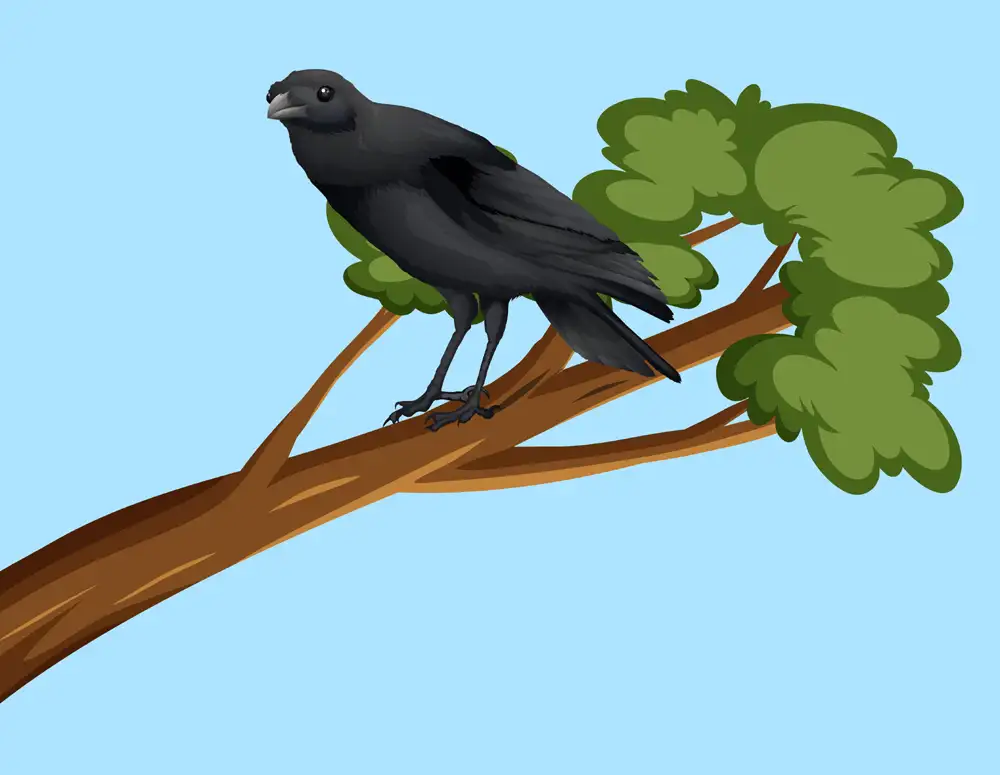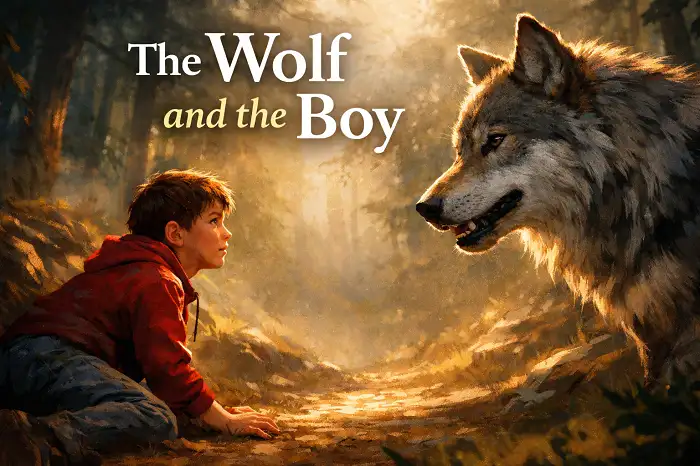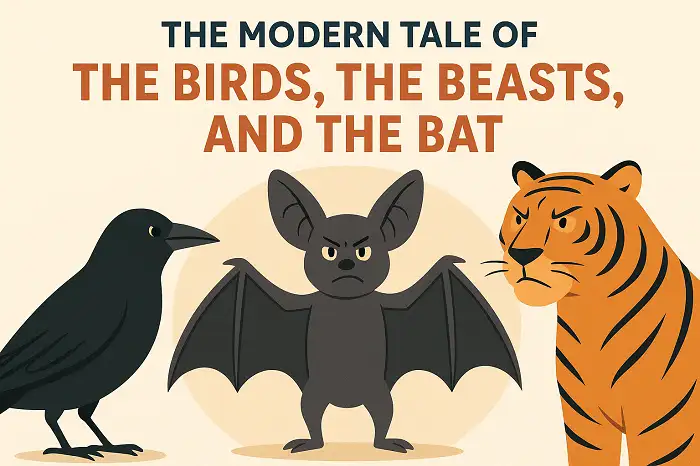The Jackdaw and the Pigeons by Aesop for ESL students with a video or podcast, vocabulary practice in real context, and questions for discussion The Jackdaw and the Pigeons is now in the public domain available on Gutenberg Project. Video of the Jackdaw and the Pigeons https://www.youtube.com/watch?v=zEv1by5THUo The Jackdaw and the Pigeons A jackdaw, watching some pigeons in a farmyard, was filled with envy when he saw how well they were fed, and determined to disguise himself as one of them, in order to secure a share of the good things they enjoyed. So he painted himself white from head ...
Home » English Short Stories » The Jackdaw and the Pigeons by Aesop for ESL Students

The Jackdaw and the Pigeons by Aesop for ESL Students
Updated: by Dr. Mohammad Hossein Hariri Asl
Time to Read: 4 minutes | 427 Views | 8 Comments on The Jackdaw and the Pigeons by Aesop for ESL Students
Share This Post
About the Author
Dr. Mohammad Hossein Hariri Asl is an English and Persian instructor, educator, researcher, inventor, published author, blogger, SEO expert, website developer, entrepreneur, and the creator of LELB Society. He's got a PhD in TEFL (Teaching English as a Foreign Language).
Number of Posts: 4242



1.watching some pigeons in a farmyard, was filled with envy when (he saw how well they were fed), and determined to disguise himself as one of them.
2.But one day, he was unwise enough to start chattering, (when they at once saw through his disguise) and pecked him so unmercifully.
3.(You can’t fool all the people all the time.)
D.r Hariri this => ( ) shows the most important part of the answer. 😁
Agreed. The jackdaw was taken by surprise. In fact, the pigeons outsmarted the jackdaw by truly recognizing his deceitful and sly manner.
1. The jackdaw disguised himself as a pigeon because he had low self-esteem and didn’t accept himself as he was. He wished he was a pigeon, so he started to disguise and change his appearance.
2. He acted unwisely and started chatting with other pigeons, and it was at that time that they discovered his secret.
3. The lesson I got from this fable is that we should accept ourselves as we are and not try to be someone else.
Thanks for your comment and opinion.
I think the jackdaw was not really low in self-esteem. He was basically so lazy and began to cast covetous eyes on the pigeons’ feast and blessings.
1- The jackdaw saw some pigeons in a farmyard. The pigeons had a good food to eat. So, the jackdaw joined the pigeons to feed with them for more convenience in his life.
2- The jackdaw forgot his sound was not like the pigeons. Therefore, when the jackdaw unconsciously started chattering with other, they recognized him.
3- In this story, the jackdaw left his group to gain the better position in terms of convenience. But, in the end, the jackdaw also lost what he had. The jackdaw could enjoy with his flock without any change or pretense.
Thanks for your comment on the fable, The Jackdaw and the Pigeons.
Feedback
1. a good food = good / decent food
2. to feed with them = to enjoy the food / to feast on the food with them (Feed is transitive and requires an object.)
3. was not like the pigeons = was not like the pigeons’ (sound)
4. with other = with others
—
You can ask any question you might have about the corrections.
Thanks for your corrections. We learn a lot from leaving comments and pay attention to our mistakes.
You’re most welcome. Delighted to hear that.
Feedback
We learn a lot from leaving comments and paying attention to …